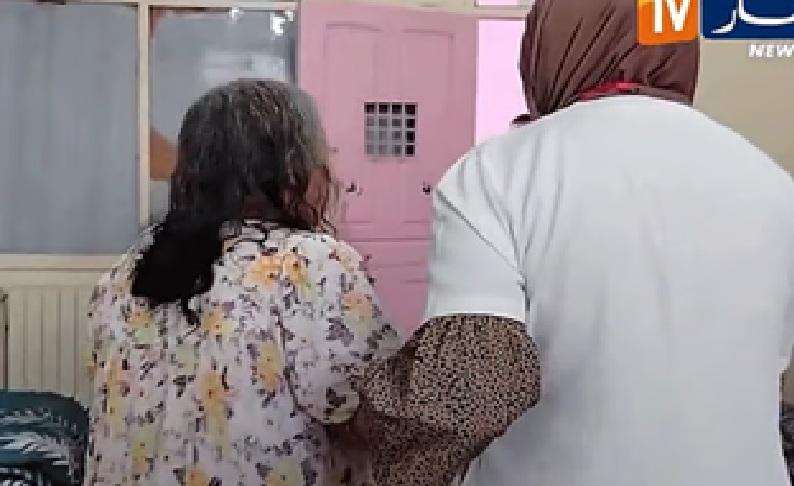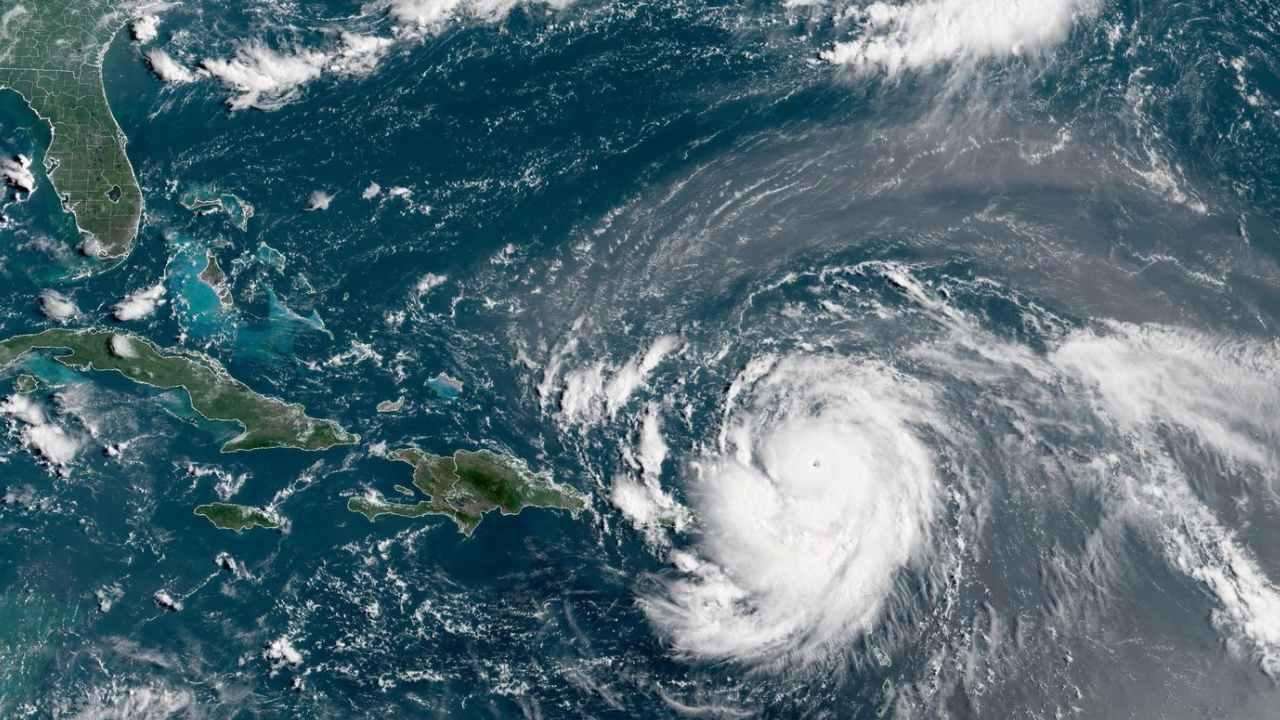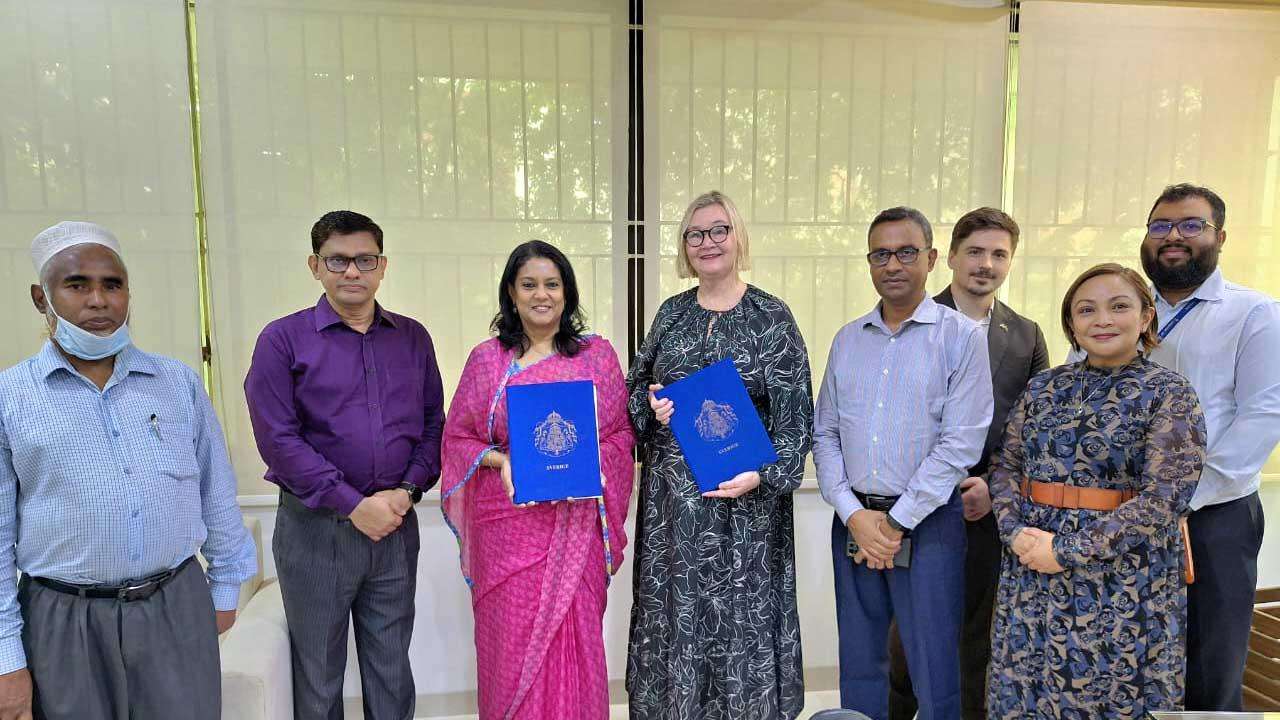Dhaka, July 3 — Bangladesh and the Swedish International Development Cooperation Agency (SIDA) have signed a landmark grant agreement to launch a new environmental initiative aimed at enhancing Bangladesh’s climate resilience and conserving its unique biodiversity.
The agreement, titled “Strengthening Capacity of MoEFCC, DoE, and BFD for Natural Resource Management and Improved Climate Resilience,” was formally signed at the Department of Environment (DoE) in Dhaka. The project is backed by a SEK 5 million grant (approximately USD 0.53 million or BDT 64.4 million) from SIDA.
Speaking at the event, Syeda Rizwana Hasan, Advisor to the Ministry of Environment, Forest and Climate Change (MoEFCC) and the Ministry of Water Resources, said the initiative would play a crucial role in addressing climate and environmental challenges through strengthened institutional capacity and innovative conservation measures.
“This project will not only improve our monitoring of Ecologically Critical Areas (ECAs) but also enable large-scale ecological restoration efforts and lead to the establishment of Bangladesh’s first Wildlife Trust Fund,” she stated.
The signing ceremony was attended by high-level officials, including Dr. A.K.M. Shahabuddin, Secretary (Routine Charge) of the Economic Relations Division (ERD), and Maria Stridsman, Chargé d’Affaires and Head of Cooperation at the Embassy of Sweden. Also present were Additional Secretary Md. Khayrul Hasan, Dr. Md. Kamruzzaman, Director General of DoE, Md. Amir Hossain Chowdhury, Chief Conservator of Forests, Lubna Yeasmin, Joint Secretary of the Ministry, and Nayoka Martinez Bäckström, First Secretary and Deputy Head of Cooperation at the Embassy.
Three-Pronged Approach to Sustainability
The SIDA-funded project will be implemented through three interconnected components:
1. Institutional Capacity Building:
This component will focus on enhancing the operational capabilities of MoEFCC, DoE, and the Bangladesh Forest Department (BFD). Key activities include aligning biodiversity policies with the National Adaptation Plan (2023–2050) and Sustainable Development Goals (SDGs), providing specialized training in environmental impact assessments, and equipping the DoE with advanced monitoring tools for pollution control—particularly in critical rivers such as the Buriganga and Turag.
2. ECA Monitoring and Restoration:
Special attention will be given to Sonadia Island, a vital ECA, where the project will carry out baseline environmental assessments, restore mangrove ecosystems, stabilize sand dunes, and establish a turtle hatchery. Local communities will be actively involved through Village Conservation Groups (VCGs), promoting sustainable livelihoods while ensuring biodiversity protection.
3. Establishment of a Wildlife Trust Fund:
The project aims to establish a Wildlife Trust Fund to ensure long-term, sustainable financing for the protection of endangered species and reduction of human-wildlife conflict. This component will be initiated through a comprehensive scoping study and inclusive stakeholder consultations.
With its targeted blend of policy development, ecological restoration, and grassroots involvement, the project is expected to become a cornerstone in Bangladesh’s environmental strategy moving forward.
“This collaboration with Sweden represents a powerful step toward climate resilience and sustainable development,” said Rizwana. “Through innovation, capacity-building, and community engagement, we are laying the foundation for a more environmentally secure future.”








.svg)

